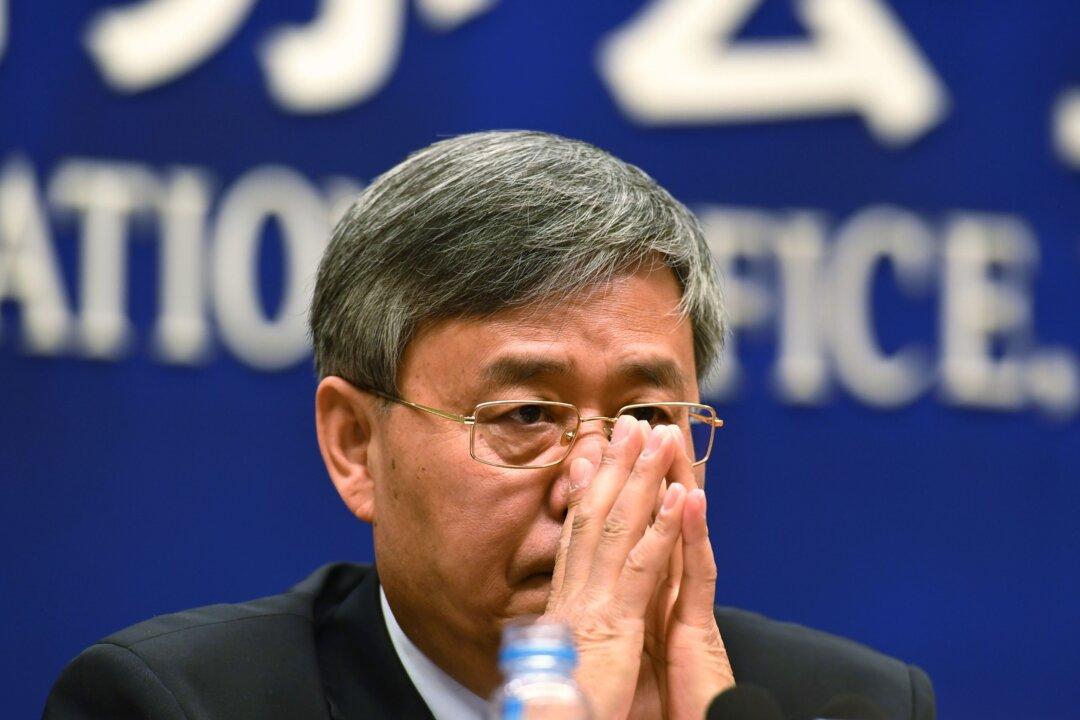China won’t be joining in Western sanctions against Russia over its invasion of Ukraine and opposes such unilateral measures, the country’s banking regulator said on March 2.
Guo Shuqing, chairman of the China Banking and Insurance Regulatory Commission, claimed that Western sanctions on Russia “don’t have much legal basis.”





